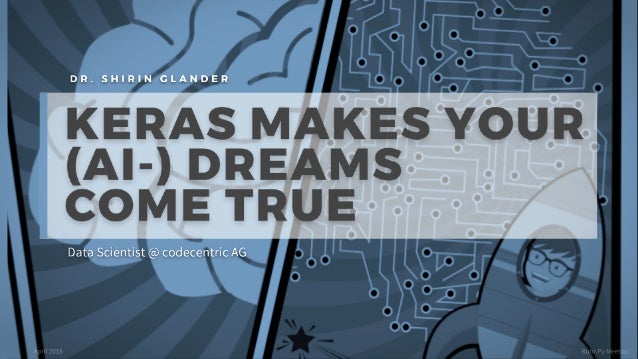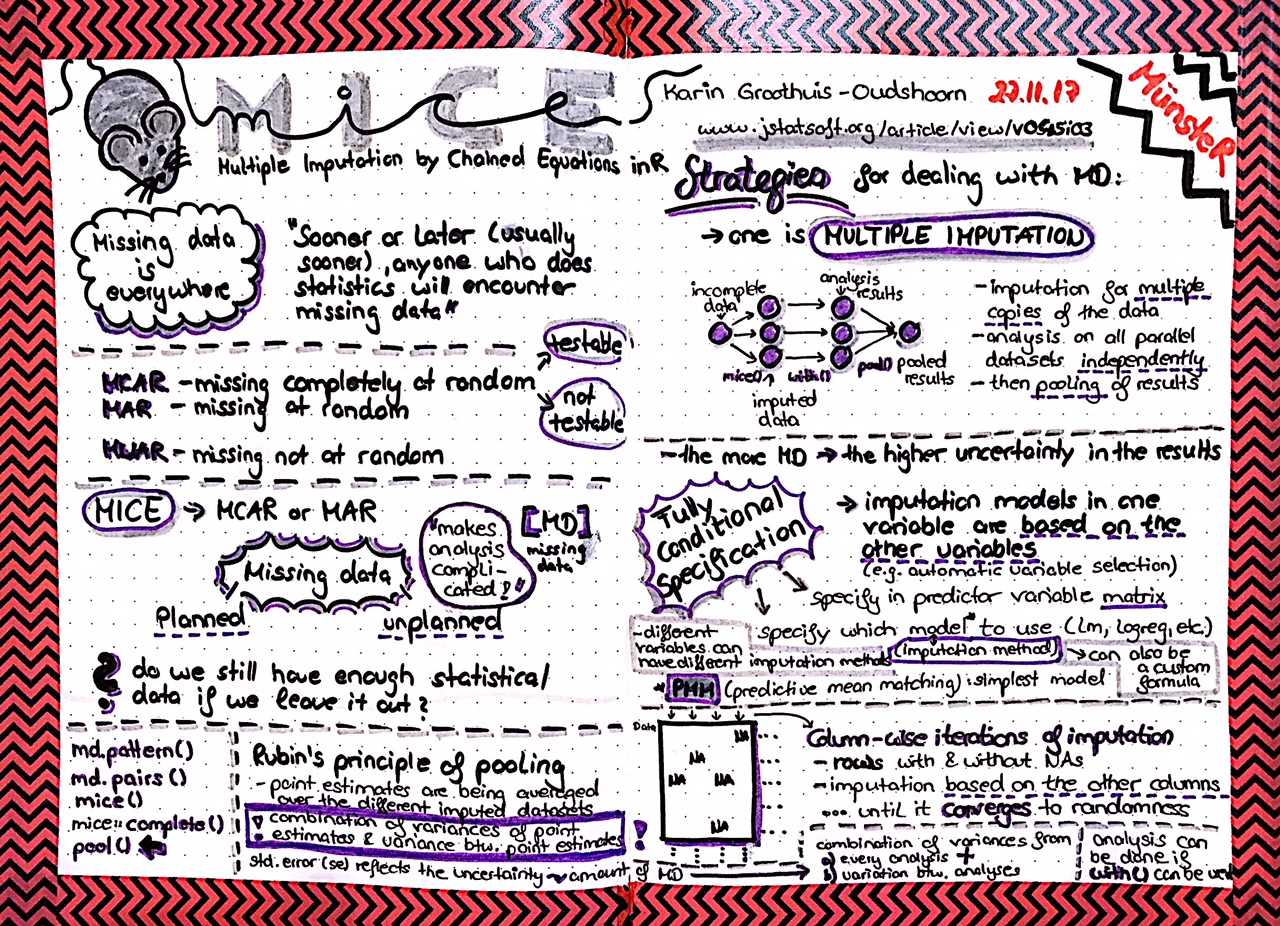On April 4th, 2018 I gave a talk about Deep Learning with Keras at the Ruhr.Py Meetup in Essen, Germany. The talk was not specific to Python, though - so if you’re intersted: the slides can be found here: https://www.slideshare.net/ShirinGlander/ruhrpy-introducing-deep-learning-with-keras-and-python
Ruhr.PY - Introducing Deep Learning with Keras and Python von Shirin Glander There is also a video recording of my talk, which you can see here: https://youtu.



